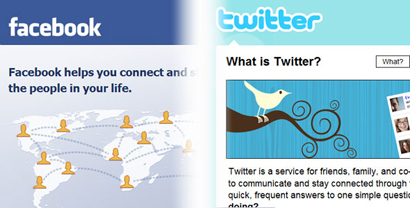Imagine — money flowing into your business from all sorts of places. That’s what it’s like to have multiple streams of income. Your business isn’t dependent on one stream of income but instead you can make money from a variety of places.
Is that what your business actually looks like? Or are your streams limited to one or two?
Especially for you service providers out there, I know it can feel a little daunting to think about creating other streams of income. But the reality is, if you don’t do it you’re really going to be limiting your growth.
So, with that said, if your multiple streams of income look more like trickles or maybe a ditch filled with water, you’re in the right place.
Below are 3 reasons why you aren’t making any money from multiple streams of income and what you can do to fix it.
1. Start selling something other than your services. Okay, this sounds really obvious but we got to start somewhere. And this might be the reason why your business doesn’t look the way you’d like it to.
So which category do you fit in? Are you working on the same info product or book for the last 6 years and are (almost!) done with it? Or do you create products the way you change your clothes but you never actually put a marketing system around them so you actually sell a few?
Regardless, you need to stop what you’re doing right now and take stock of what you have. If you’re still struggling to finish your first product, remember good is good enough, and you’re losing money every day you’re not selling that product. Ditto for the too many products and no way to sell them. Put a plan together to get them on your site so you can start getting some income in the door.
2. You have info products but they aren’t selling terribly well. There could be a number of things wrong, but here are some of the top problems:
* You don’t have a sales letter (or the sales letter you have isn’t very good)
* You don’t have anyone visiting your sales letter on your web site
* You don’t have the RIGHT people visiting your sales letter on your web site (i.e. those who would actually be interested in buying your product)
* You’re selling something your target market isn’t much interested in buying
You may need to hire an expert to help you pinpoint which one (or ones) is the problem.
3. You’re not thinking outside the box. There are more ways to get multiple streams of income then selling an info product. There are group programs, licensing, certifications, classes, events and more. Or maybe you need to vary your service offerings or offer a high-ticket program.
There are a lot of different ways you can package what you sell, and depending on your prospect, they might want something different than your usual offerings.
My guess is you have a bunch of loyal fans following you, but if you’re not packaging what you offer in a way that’s attractive to them, they won’t bite. They need to feel like what you’re offering is a fit for them.
So try mixing it up. Offer some out of the box things and see what happens. Who knows, you might discover a whole new product line out of it.




